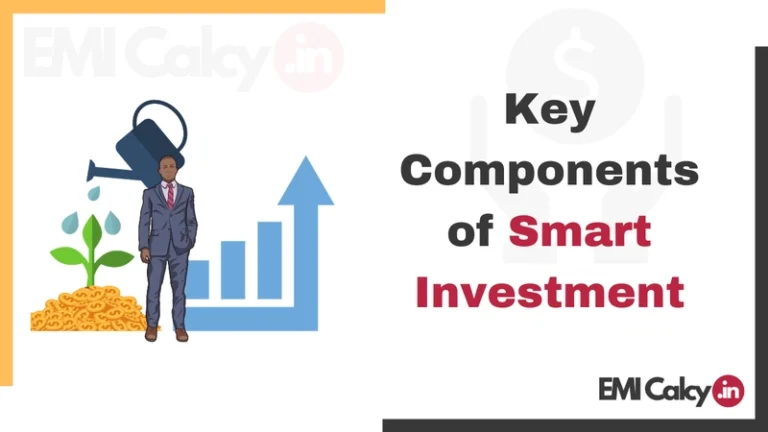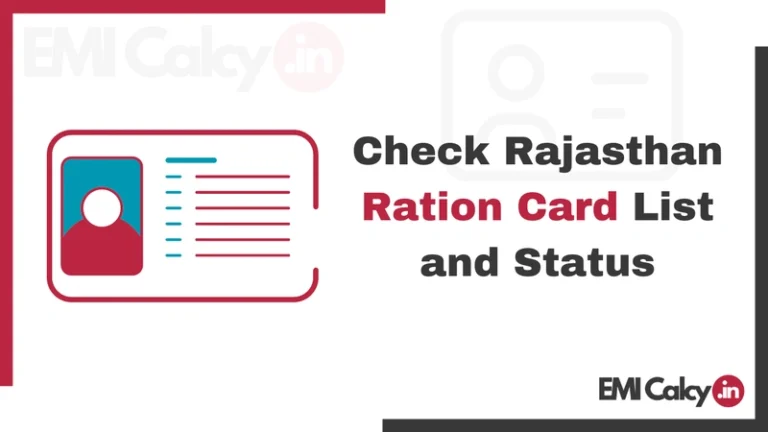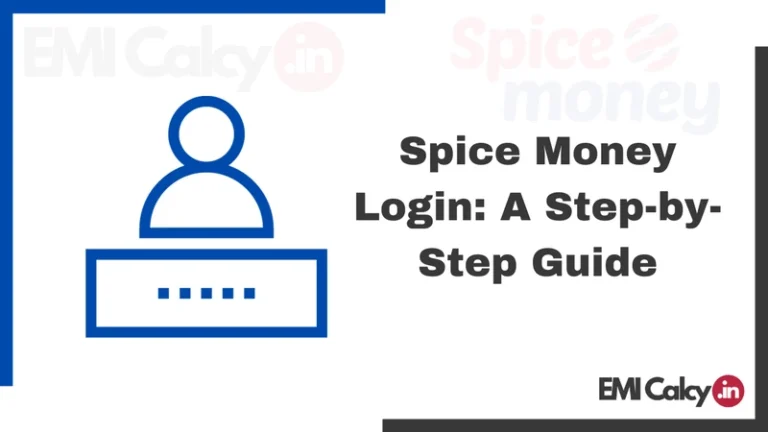Money management is a fundamental skill that can significantly impact your financial well-being. Whether you’re trying to save for your dream vacation, purchase your first home, car, or bike, or simply enjoy a comfortable retirement, effective personal money management is essential.
In this article, we will explore practical and actionable personal money management tips to help you take control of your personal finances, make informed decisions, and achieve your financial goals.
1. Create a Budget That Reflects Your Lifestyle
One of the first steps to mastering personal money management is to create a good budget. A budget is like a roadmap for your personal finances, allowing you to track your income and expenses. To get started:
- List all your sources of income: This includes your salary, rental income, side hustles, and any other funds that regularly comein.
- Categorize your expenses: Sort your expenses into categories like housing, transportation, food, entertainment, and savings.
- Set spending limits: Allocate a specific amount of money to each expense category. Be realistic and ensure your total expenses don’t exceed your income.
Remember that your budget should be flexible. Life can be unpredictable, so it’s essential to adjust your budget needed. Regularly review your spending to ensure you’re staying within your allocated limits.
2. Build an Emergency Fund
Life is full of surprises and many of them come with heavy price tags. An emergency fund is a financial safety net that can help you weather unexpected expenses without going into debt.
Start by saving at least 3 to 6 months worth of living expenses. This money should be easily accessible, in a savings account or money market account, for quick access in times of need.
Related: How to Build an Emergency Fund Fast
3. Prioritize Saving
Saving is a crucial part of personal money management, and it’s not just about building an emergency fund. You should also save for short-term and long-term goals. Here’s how to prioritize your savings:
- Save for short-term goals: Whether it’s a vacation, a new car, or a home renovation, set up separate savings accounts for each specific goal. Automate savings by setting up automatic transfers from your checking account to these dedicated accounts.
- Save for long-term goals: Your retirement and investments should be your long-term priorities. Consider contributing to a retirement account and explore different investment options that align with your risk tolerance and financial goals.
4. Pay Off Debt Strategically
Debt can be a significant obstacle to achieving financial stability. When managing your money, it’s essential to tackle your debt strategically:
- List your debts: Make a good list of all your outstanding debts, including credit cards, student loans, and personal loans.
- Prioritize high-interest debt: Focus on paying off high-interest debts first, as they can easily accumulate and become a financial burden.
5. Understand the Power of Compound Interest
Compound interest can work for or against you. When you’re saving or investing, it can help your money grow significantly over time. However, when you’re in debt, it can make your financial situation worse. To harness the power of compound interest:
- Save and invest early: The earlier you start saving and investing, the more time your money has to grow. Take advantage of compounding to build wealth over time.
6. Make Informed Financial Decisions
Knowledge is power when it comes to personal money management. Educate yourself about various financial topics, such as investment options, insurance, tax strategies, and more. Seek out reliable sources, attend financial literacy workshops, or consult with your financial advisor to make informed decisions.
Related: How to Save Money from Salary Like a Pro
7. Cut Unnecessary Expenses
Reducing unnecessary expenses is a simple yet effective way to free up money for saving and investing. Identify specific areas where you can cut back without sacrificing your quality of life. Here are some ideas:
- Cancel unused subscriptions: Review your monthly subscriptions and eliminate any you don’t use regularly.
- Cook at home: Eating out or ordering takeout can be costly. Plan your meals and cook at home to save money.
- Shop smart: Look for sales, use coupons, and compare prices before making purchases to get the best deals.
8. Set Specific Financial Goals
Setting clear and specific financial goals provides you with a sense of purpose and motivation. Your goals can range from paying off your credit card debt to saving for the down payment on your house. When defining your financial goals:
- Be specific: State exactly what you want to achieve, how much money you need, and when you want to achieve it.
- Make them realistic: While it’s great to dream big, your goals should also be achievable given your current financial situation.
- Break them down: Divide larger goals into smaller, manageable milestones to track your progress.
9. Automate Your Finances
Automating your finances is a fantastic way to stay on top of your budget and savings goals. Set up automatic transfers for your bills, savings, and investments. This way, you won’t have to worry about missing due dates, or forgetting to save.
10. Review and Adjust Regularly
Your financial situation is not static; it changes over time. To master personal money management, it’s crucial to regularly review and adjust your financial plan. Consider doing this on a monthly or quarterly basis.
Look at your budget, savings goals, and investments to ensure they still align with your financial objectives.
11. Diversify Your Investments
Investing your money is an essential part of growing your wealth, but it’s crucial to diversify your investments. Diversification helps spread risk and can enhance your overall returns. Some common investment options include:
- Stocks: Investing in individual stocks or through exchange-traded funds (ETFs).
- Bonds: Purchasing government or corporate bonds.
- Real Estate: Investing in real estate properties or Real Estate Investment Trusts (REITs).
- Mutual Funds-Lumpsum: Pooling your money with other investors to buy a diverse portfolio of stocks and bonds.
It’s essential to assess your risk tolerance before making investment decisions, as different investments come with varying levels of risk.
Related: How to Reduce EMI of Existing Personal Loans
12. Plan for Retirement
Your retirement may be several decades away, but it’s never too early to start planning for it. The earlier you begin saving for retirement, the more secure your financial future will be. Take advantage of employer-sponsored retirement plans, contribute regularly, and increase your contributions as your income grows.
13. Avoid Lifestyle Inflation
As your income increases, it can be tempting to upgrade your lifestyle by purchasing a larger home, a good car, or taking more luxurious vacations. While enjoying the fruits of your labor is essential, avoid lifestyle inflation that outpaces your income growth.
Instead, continue to save and invest a significant portion of your increased income to secure your financial future.
14. Understand Your Tax Situation
Taxes are significant expenses that can significantly affect your financial well-being. Understanding your tax situation and exploring tax-saving strategies can help keep more of your hard-earned money. Consider consulting a good tax professional to help you maximize deductions and credits.
15. Build Multiple Income Streams
Relying on a single source of income can be risky. Economic downturns, job losses, or other unforeseen events can threaten your financial stability. To mitigate these risks, aim to build multiple income streams. This can include side gigs, freelancing, rental income, or investments that generate income.
16. Protect Your Financial Future with Insurance
Insurance is an essential aspect of personal money management. It provides a safety net in case of unexpected events like accidents, illnesses, or property damage. Make sure you have the following types of insurance:
- Health insurance: Protects you from high medical bills in case of illness or injury.
- Auto insurance: Covers you in case of accidents or damage to your vehicle.
- Homeowners or renters insurance: Protects your home and belongings from damage or theft.
- Life insurance: Provides financial security for your loved ones in event of your passing.
- Disability insurance: Replaces a portion of your income if you’re unable to work due to disability.
17. Track Your Net Worth
Your net worth is a measure of your financial health. It is the difference between your assets and your liabilities. Tracking your net worth over time can help you assess your personal financial progress and set realistic goals for the future.
18. Maintain Good Credit
A strong credit score is essential for obtaining loans, credit cards, and mortgages at favorable terms. To maintain good credit:
- Pay your bills on time: Late payments can harm your credit score.
- Keep credit card balances low: Try to keep your credit card balances well below your credit limit.
- Avoid opening too many new accounts: Frequent new credit inquiries can negatively impact your credit score.
Related: How to Improve CIBIL Score Quickly
19. Seek Financial Advice
If you’re unsure about your personal financial decisions or need assistance with more complex matters, don’t hesitate to seek financial advice.
Financial advisors can provide personalized guidance to help you achieve your financial goals. They can assist with investment strategies, retirement planning, taxes, and more.
20. Stay Disciplined and Patient
Financial success is a journey that requires discipline and patience. It’s not always easy, and there will be challenges along the way. Stay committed to your financial goals and remember that small, consistent steps can lead to significant progress over time.
Conclusion
Mastering personal money management is a key step in securing your financial future and achieving your financial goals. By creating a budget, building an emergency fund, prioritizing savings, and making informed financial decisions, you can take control of your finances.
Remember to regularly review and adjust your financial plan to ensure it continues to align with your objectives. With discipline and patience, you can build a solid financial foundation that paves the way for a secure and prosperous future.
FAQs about Personal Money Management
What is the importance of personal money management?
Personal money management is crucial because it helps you achieve financial stability and reach your financial goals. It allows you to track your income, expenses, and savings, ensuring that you have enough for both your immediate needs and future aspirations.
What is the 50-30-20 rule for managing money?
The 50-30-20 rule is a popular guideline for personal money management. It suggests dividing your after-tax income into 3 categories: 50% for needs (essential expenses like housing, utilities, and groceries), 30% for wants (discretionary spending on nonessential items like dining out or entertainment), and 20% for savings and debt repayment (which includes building an emergency fund, paying off debt and saving for future).
How can I control my spending?
Controlling your spending involves adopting good financial habits and being mindful of your money. Some effective strategies include creating a budget to track your income and expenses, identifying unnecessary expenses to cut, avoiding impulse purchases, and using cash or debit instead of credit cards.
What are the four principles of money management?
Budgeting: Creating a budget to track income and expenses and ensure your financial priorities are met.
Saving: Prioritizing saving by setting aside a portion of your income for short-term and long-term goals, including emergency funds and retirement.
Debt Management: Managing debt by paying off high-interest debts first, and being strategic in paying down loans and credit card balances.
Investing: Growing your wealth by exploring various investment options to help your money work for you over time, building a more secure financial future.
Disclaimer: The content in this article is for general information purposes and does not constitute financial, legal, or business advice. To address your unique financial or legal needs, we advise seeking assistance from a qualified professional who can tailor advice to your situation.







